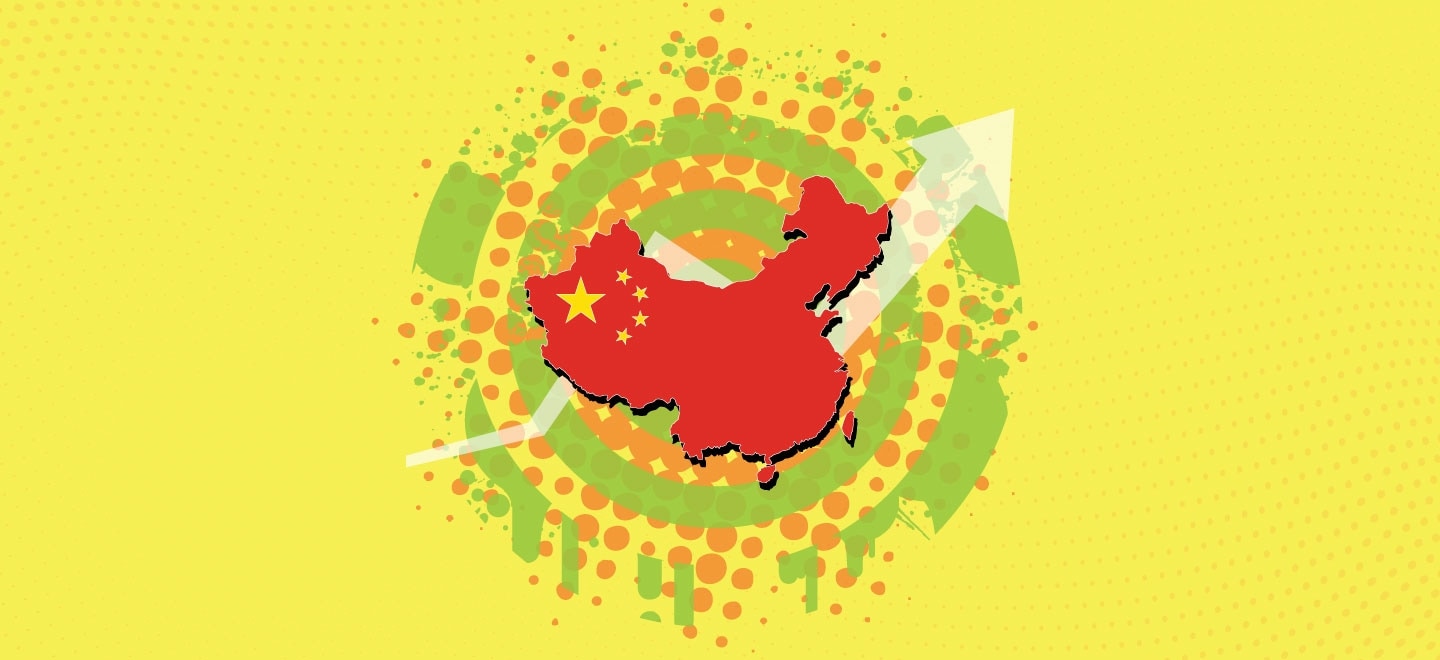
US-China economic relations monthly update Reviving China’s economy: Issues and obstacles
4 minute read
17 April 2020
Deloitte shares US-China economic relations monthly updates. Explore recent updates on the latest news and trends involving US-China relations.
In the midst of the biggest global public health crisis in a century, China and the United States are moving in somewhat different directions. China was the site of the first outbreak of the virus and the first country to implement significant steps to create social distancing. It is also the first country to begin to recover. The United States, in contrast, was late to have an outbreak, later to implement restrictions on human interaction, and will likely experience a recovery much later than China. The result is that, as China begins to rebound, the United States continues to experience the sharpest decline in economic activity since the Great Depression.
Learn more
Learn how to combat COVID-19 with resilience
Explore COVID-19 Insights and resources
Explore the Economics collection
Learn about Deloitte’s services
Go straight to smart. Get the Deloitte Insights app
Still, even as China recovers, there are indications that it will be a tough slog. Indeed, as policymakers around the world are eager to return their economies to normal, evidence is growing that the normalization process will not be a quick one. As China and several other Asian countries were among the first to face a major outbreak of the virus and have since re-emerged from lockdown, we can look at their experience to better understand what might occur in Europe and then North America as those regions bend the curve and eventually remove some restrictions.
However, the experience in China should probably be viewed as a best-case scenario for the West. China’s test-and-trace policies are more invasive than what Americans or Europeans may tolerate. Residents of China regularly have their temperatures taken and show an app that provides a risk profile based on health- and location-tracking data.
Even with the extensive test-and-trace policies in place, China’s economy is still struggling to return to where it was before the epidemic hit. For example, coal consumption during the first five weekdays in April was 14 percent below where it was during the same period a year earlier. Coal consumption may even provide a more optimistic outlook than is warranted. Businesses that have been able to restart are primarily large firms and factories, which tend to require more energy and, therefore, coal.
The difference between weekday and weekend traffic hints that many in China may be willing to return to work but are being more cautious when it comes to their leisure time. Last week in Shanghai and Beijing, peak weekday street congestion was down nearly 20 percent from 2019 but down more than 80 percent during the weekend. Despite reports of large crowds at tourist destinations for the Qingming festival, which occurred April 4, tourism spending was down an astonishing 80 percent from a year earlier.
The reopening of the economy has come in fits and starts, with officials reportedly opening and then closing some movie theaters, food service operations, and tourist attractions due to fear of contagion. This likely has negative implications for consumer discretionary spending, which helps explain why some smaller businesses and service sectors are having a more difficult time getting back up and running again. Limited access to finance may be hampering these businesses as well.
Even if other countries are willing and able to adopt the same type of test-and-trace procedures seen in places such as China, Singapore, and Hong Kong, it does not guarantee that the virus will remain contained. Indeed, just recently, Singapore, which had done an excellent job of preventing the spread of the virus early on, became increasingly worried about a resurgence and has issued a partial lockdown. Similarly, Hong Kong has extended and expanded upon its social distancing policies as well.
Given this, it is likely that China’s economy will continue to grow at a modest pace for the remainder of 2020. There are some key obstacles to reviving economic activity. For example, it is reported that roughly 460,000 small businesses in China closed permanently in the first quarter, mostly due to the coronavirus. Roughly 26,000 of these were in the export sector. In addition, there was a slowdown in the pace of new business formations. Specifically, 3.2 million new businesses were established, a 29 percent decline from a year earlier. The closing of existing businesses and the slow pace of new business formation demonstrate the obstacles to rebooting a dormant economy.
A stronger resurgence in growth will come once there is a high degree of confidence on the part of consumers, businesses, and government authorities that the virus is well contained. That would require either a vaccine, cure, herd immunity, or a very strong regime of testing and tracing that enables economic activity to continue even as the virus remains a threat. The good news is that China’s economy was fundamentally strong before the crisis. Thus, it is likely that domestic demand will recover quickly once confidence resumes.
Perhaps the biggest risk to China’s recovery comes from what happens outside of China. That is, the current sharp downturn in economic activity in Europe, the United States, and Japan will have a negative impact on Chinese exports. In fact, the World Trade Organization (WTO) estimates that, in 2020, the volume of world trade in goods and services will decline between 13 and 32 percent from a year earlier, depending on the scenario regarding suppression of the virus. This compares to a decline in merchandise trade volume of 0.1 percent in 2019, largely due to the trade war between the United States and China. The WTO expects the biggest decline in exports to come from North America and Asia. It also expects that the biggest decline by sector will be in those industries that have highly integrated global supply chains such as technology and automotive. The decline in demand and supply of traded goods does not reflect weak income or poor credit conditions. Rather, it is due to fear as well as government-imposed restrictions on economic activity. Once restrictions are removed and fear abates, there will be plenty of consumer money available for a revival in demand.
Explore more on economics
-
A view from London Article3 days ago
-
Mexico economic outlook, May 2024 Article1 month ago
-
Economics Insider Collection
-
Issues by the Numbers Collection
-
US Economic Forecast Collection












